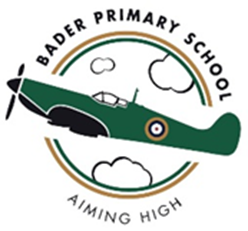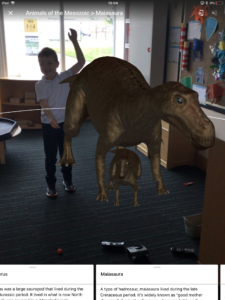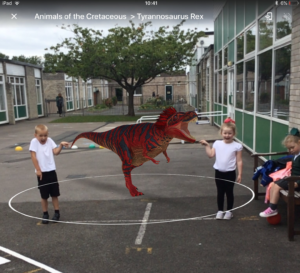Drama
The National Curriculum states:
“All pupils should be enabled to participate in and gain knowledge, skills and understanding associated with the artistic practice of drama. Pupils should be able to adopt, create and sustain a range of roles, responding appropriately to others in role. They should have opportunities to improvise, devise and script drama for one another and a range of audiences, as well as to rehearse, refine, share and respond thoughtfully to drama and theatre performances.”
Intent
Pupils at Bader will use drama as a tool to support their learning across the curriculum. Through careful planning and teaching, children will:
- Develop speaking and listening skills, including the confidence to share ideas with others.
- Develop their imaginative process through a range of activities.
- Be challenged to solve problems creatively.
- Develop self- confidence by creating a supportive learning environment.
- Develop their respect for themselves and others through turn-taking, acknowledgement of ideas,appropriate and safe behaviour, and focused listening.
- Develop skills to work as a member of a group.
- Develop the capacity to express ideas and feelings through drama by encouraging constructive responses to drama.
- Evaluate performances and say how it makes them feel.
- Have fun.
Implementation
Drama is currently being used as a tool to support learning in different parts of the curriculum. Teachers use a range of techniques and activities in a variety of lessons to support children in their understanding of what they are learning.
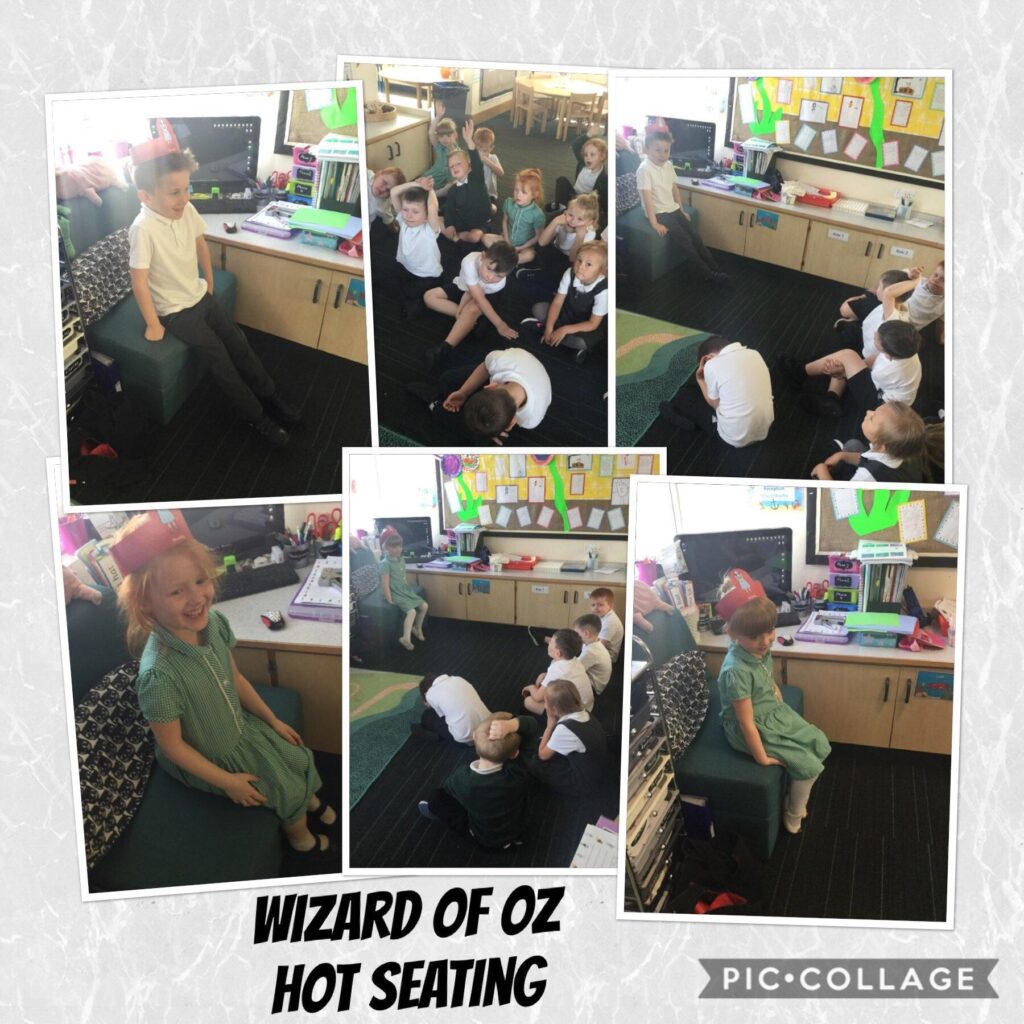
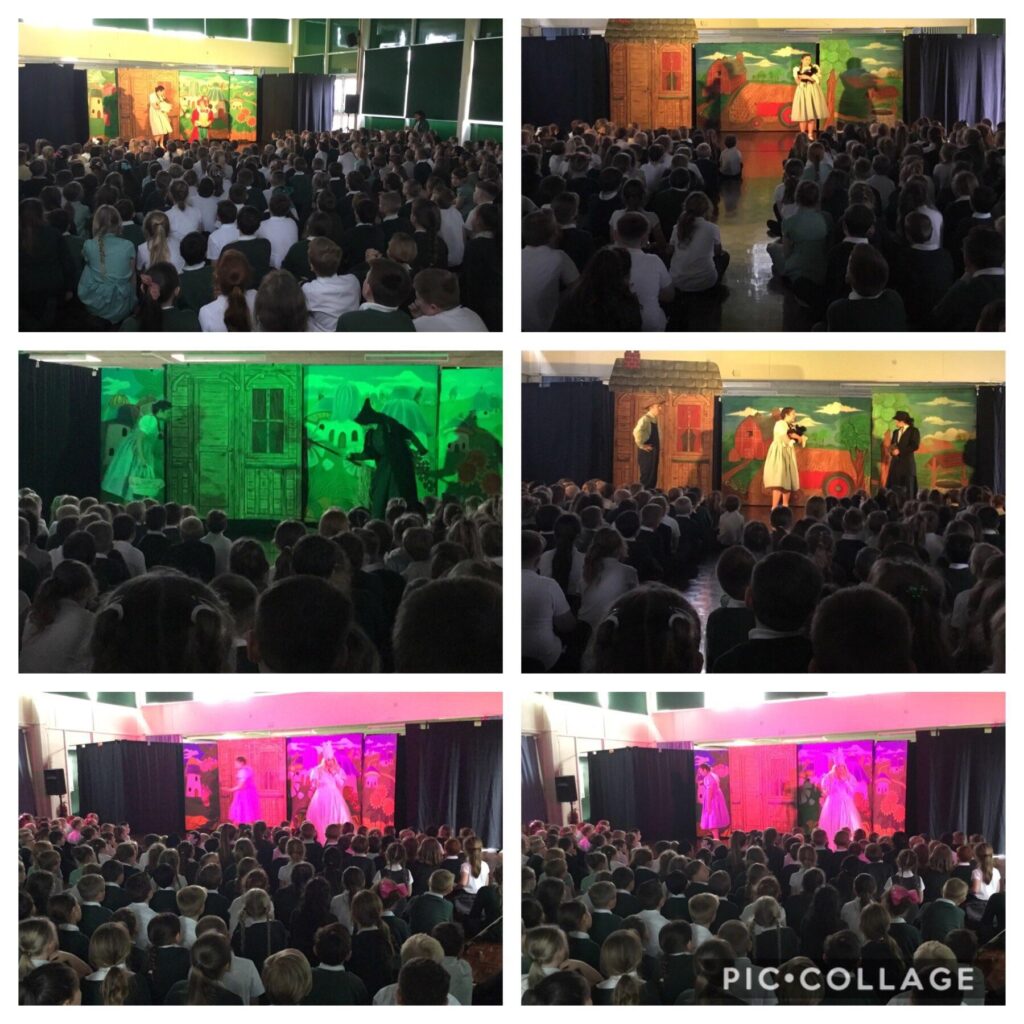
Impact
Children at Bader enjoy using drama as a tool to support their learning and understanding across the curriculum. Through carefully planned activities, linking to texts and topics children develop speaking and listening skills, including having the confidence to share ideas with others. Children feel their confidence grow and are braver. This allows them to be imaginative and solve problems within a supportive learning environment. Children enjoy using drama to explore. They are free to rehearse and investigate their ideas to help when solving problems. This can lead to a better understanding of the topic or text they are learning. Drama is also used as a way to support children’s understanding of different processes. Thus supporting their ideas and motivating to write for a range of purposes. It is a positive approach which children enjoy, and it often gives children the chance to experience new or different things.
Therefore the impact is:
- Children are more confident with the text or topic they are learning.
- Children’s speaking and listening skills improve.
- Children solve problems creatively and are more likely to look for more than one outcome.
- Standards are raised across all subjects.
- Children respect themselves and others through turn-taking.
- Children are happy.
